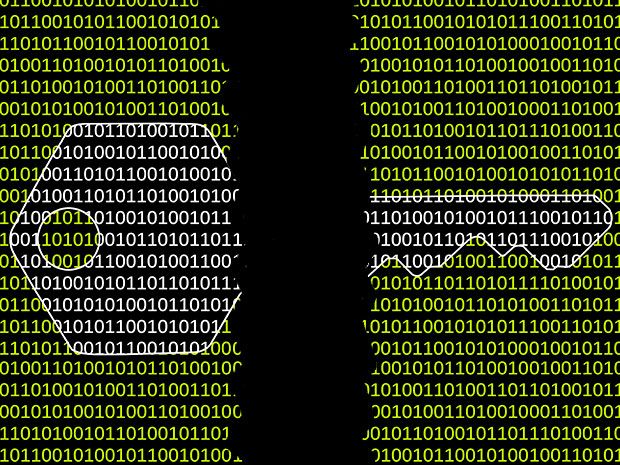Quantum computing promises to revolutionize problem-solving—but it’s also poised to break the very encryption that secures the internet. Experts warn that once quantum machines reach sufficient power, today’s RSA and ECC encryption could become obsolete overnight. And cybercriminals know it.
The concept of “harvest now, decrypt later” is already in play: attackers steal encrypted data today, anticipating they can decrypt it in the quantum future. Sensitive archives, intellectual property, and state secrets could all be exposed once quantum capabilities mature.
To stay ahead, the cybersecurity community is turning to post-quantum cryptography (PQC)—a suite of algorithms designed to resist quantum attacks. Organizations should start assessing cryptographic agility, mapping where encryption is used, and planning migration paths to quantum-safe standards.
Quantum readiness isn’t a distant concern; it’s a proactive defense strategy. As we edge closer to the quantum age, the shadows it casts on data privacy and national security grow darker. The race isn’t about who builds the first quantum computer—it’s about who secures their world before it arrives.

